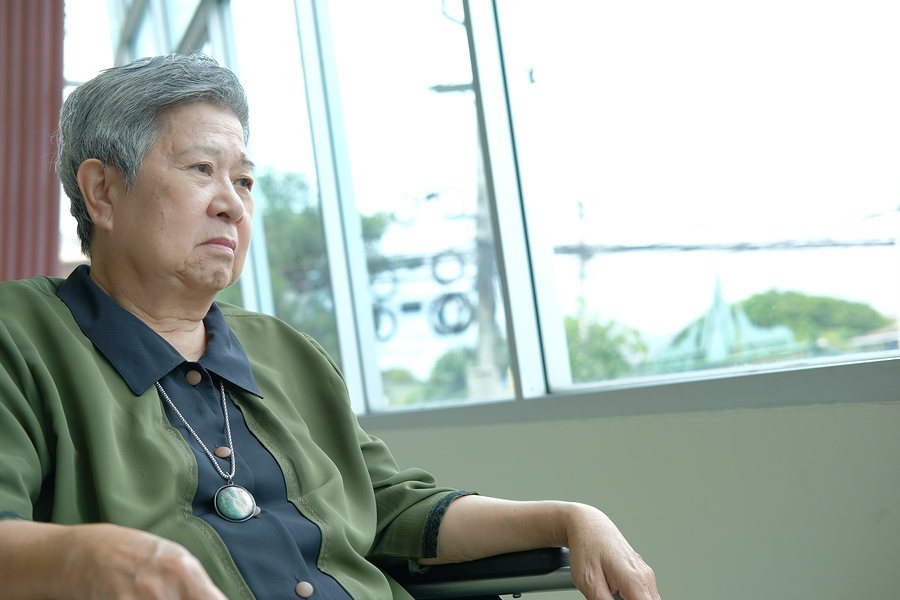
Six Ways Home Care Assistance Makes a Difference for Seniors
The challenges of aging mean that seniors often find themselves needing extra help, but not sure where to turn. Home...
Continue Reading
The challenges of aging mean that seniors often find themselves needing extra help, but not sure where to turn. Home...
Continue Reading
Eventually, seniors start to need a little more help with daily life. Whether that happens because of health issues, changes...
Continue Reading
Seniors that have been in the hospital for surgery have a high risk of developing an infection after that surgery....
Continue Reading
If your senior parent is having trouble sticking to their New Year’s resolution to lose weight, you can help them...
Continue Reading
It is that time of the year when the air is cold, and it’s hard to keep your elderly family...
Continue Reading
February is American Heart Month which means now is a fantastic time for seniors to start taking steps to improve...
Continue Reading
You may not know what Lupus is, but if your senior has been diagnosed with this disease, you should know...
Continue Reading
No matter how old you are, you can be a victim of the January blues, but this is especially true...
Continue Reading
The body changes in many ways as the years pass by, including the health of the ears. For this reason,...
Continue Reading
Cholesterol health is closely related to heart health, especially in older adults. Home care assistance can help aging adults to...
Continue Reading